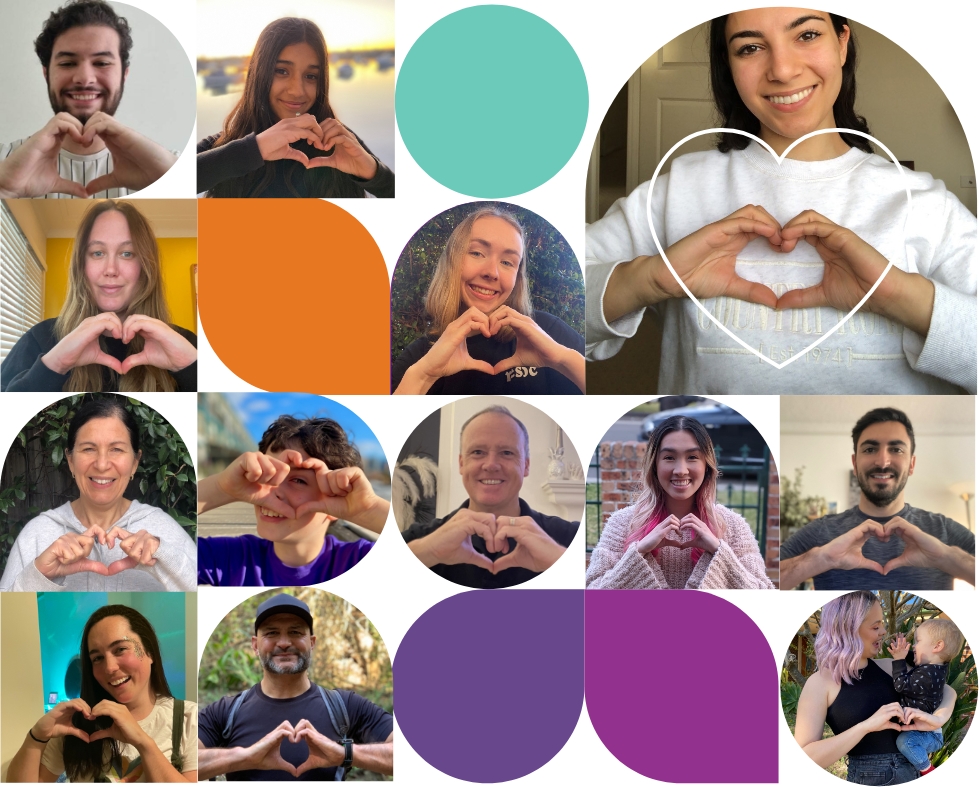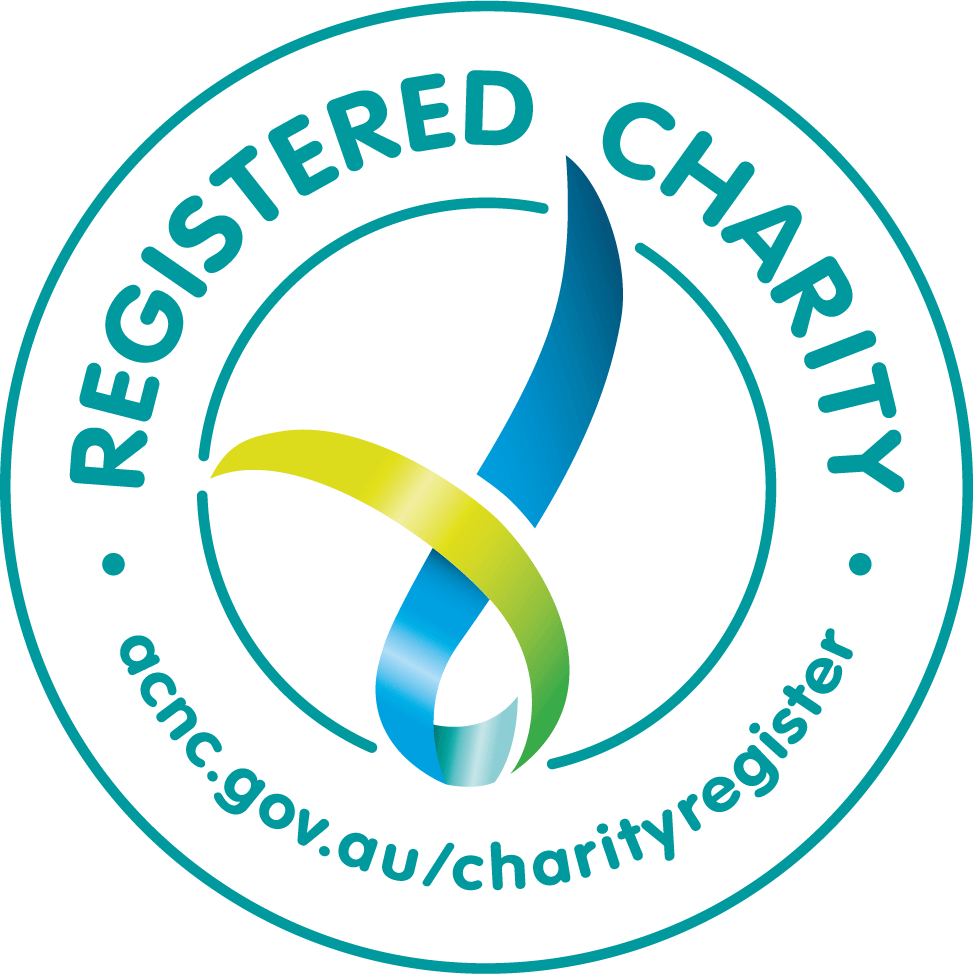Children are diagnosed with health problems every day. Some problems are manageable and treatable; but then there are others that are rare and complex. So rare that even doctors are still unsure the extent of how these diseases affect the lives of diagnosed children. One such child is Coen.
Children are diagnosed with health problems every day. Some problems are manageable and treatable; but then there are others that are rare and complex. So rare that even doctors are still unsure the extent of how these diseases affect the lives of diagnosed children. One such child is Coen.
Coen was diagnosed with Gabriele-de Vries syndrome when he was just one year old.
Gabriele-de Vries syndrome is an ultra-rare neurodevelopmental disorder that impacts less than one in a million children. The condition causes developmental delays, intellectual disabilities, and a wide range of functional issues that makes life challenging for Coen and his family.
When Coen was diagnosed, doctors told his mum Hayley and her partner that because the syndrome was so rare, they couldn't predict exactly what symptoms would arise in their son.
“It was heartbreaking. Absolutely heartbreaking,” says Hayley of the diagnosis. “And also at that point in time, he was just physically behind… finding out his diagnosis included some intellectual delays – that was heartbreaking.”

Coen is under the care of a highly dedicated and specialised care team at Sydney Children’s Hospitals Network, who work tirelessly to provide the support and care that he and his family need.
“At one point we had 13 specialists, as well as five allied health professionals caring for Coen,” says Hayley. “This included a paediatrician, a neurologist, a craniofacial doctor, an ophthalmologist and a general surgeon, among others.”
Coen’s life looks different than most kids his age. At two years old, Coen mostly crawls, still unable to independently walk or run; he is fed through a PEG tube which feeds food directly into his stomach and requires orthotics to keep the tone and musculature in his legs and feet intact and preserve their function – And despite all that, he is the happiest little boy.
Hayley is incredibly grateful for the extraordinary care that Coen has received, and the vital difference it has made in his life.
“In the last 12 months, Coen has done really well,” she says. “When we got the diagnosis, he wasn’t able to sit, let alone walk or crawl. Now he can sit and crawl. And in physio this morning, he took four steps.”
This incredible milestone is a testament to the care of the expert medical team across The Children’s Hospital at Westmead and Sydney Children’s Hospital, Randwick, who have the knowledge and experience to care for children with incredibly rare conditions and illnesses. This is how your investment helps support sick kids' lives.
“I don’t even want to think about where Coen would be without the care he’s received. He definitely wouldn’t be where he is today,” says Hayley.
“Knowing there are so many donors behind the scenes helping to support this care is just incredible”.
Rare diseases, like Coen’s, although individually uncommon, affect about eight percent of the Australian population and for the majority, there is no cure.

Dr Jonathan Karpelowsky, paediatric surgeon at The Children’s Hospital at Westmead, is one of Coens’ treating doctors.
“At The Children’s Hospital at Westmead, we deal with very rare diseases – things other hospital and centres would not have seen,” Dr Karpelowsky says. “As a result, we are able to provide care for patients, for conditions most people haven’t heard of, and most doctors haven’t heard of.
“The rarer the condition, the more complex the needs, the greater the challenges are in treating that child.”
Dr Karpelowsky says that donor support is crucial to his team’s ability to provide the very best care to kids like Coen.
“So much of what we do relies on donor funding. We wouldn’t be able to offer the complex and unique care that we do in so many areas, without the support of our donors.”
Kids like Coen deserve the best care possible to be allowed the best childhoods possible. While Coen might not be able to walk independently right now, with generous donations from the SCHF Movement of Many, we can support the physiotherapists and specialist doctors so that he one day might.
Your kind investment today can help Sydney Children’s Hospitals Foundation fund the expertise, technology and tools to help give the very best care and experiences for kids like Coen, always, no matter what.
Donate to Sydney Children's Hospitals Foundation to make a difference today.












